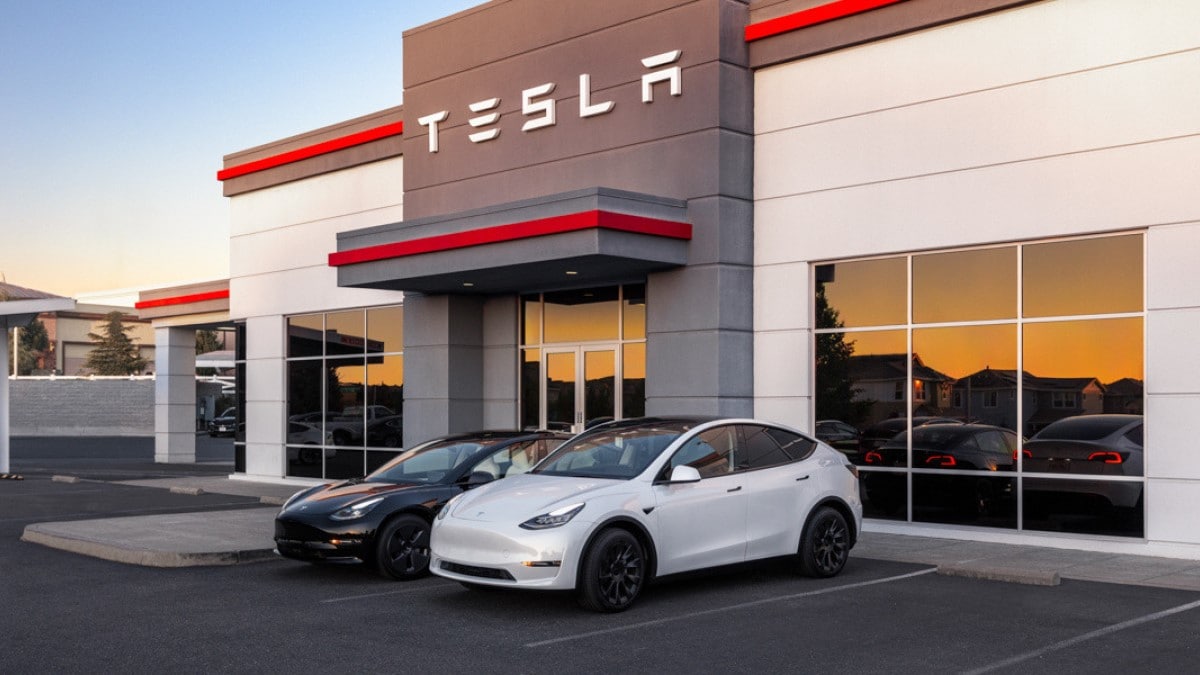Americans bought 10% more electric vehicles (EVs) in November than they did in October, according to Kelley Blue Book’s parent company, Cox Automotive.
November sales were 13.6% higher than the previous November, with signs pointing toward a sales increase in December.
About 8.5% of the new cars Americans bought last month were electric while 1.8% of used cars bought in November ran solely on electricity.
Many new EV buyers qualify for a federal tax rebate of up to $7,500. Used EV shoppers can claim a $4,000 rebate. Rather than waiting to claim them on your taxes, you can sign them over to a dealership to be used as a down payment.
No More Inventory Glut
Many automakers started the year with an oversupply of EVs. That problem has largely disappeared. Dealers ended November with a 93-day supply of EVs to sell, not far off from their 85-day supply of all types of cars.
EV inventory declined 13.8% in November alone.
Prices Up Slightly Year-Over-Year
The average EV buyer in November paid $55,105, a decline of 1.8% month over month but an increase of 1.4% year over year. The price premium over gas-powered vehicles was $6,940. Jaguar, Audi, and Porsche had the most significant monthly price declines, while Volkswagen and Mercedes-Benz had the largest increases month over month.
Some Will Lose Tax Credit Jan. 1
We never advise shoppers to rush a five- or six-figure decision. But those interested in an EV should be aware that some cars will likely lose access to the new car federal tax credit, at least temporarily, on Jan. 1.
The law that created the credit was intended, in part, to force automakers to shift supply lines away from China. Import restrictions created by the law grow tighter each year.
Today, a car qualifies for half the credit if at least 60% of its battery is built in North America. That figure jumps to 70% when 2025 starts.
It qualifies for the other half if at least 50% of the minerals used in that battery originate in the U.S. or certain trade partners. That number increases to 60% when the calendar flips.
Automakers know this and have been preparing for it. But if they haven’t finalized supply contracts in time, cars sometimes lose access to the credit each January when the new restrictions go into effect. Automakers can re-qualify at any time by proving that their supply chains now comply with the rules. So, cars sometimes lose the credit and regain it in a matter of weeks.
When you lease an EV, the IRS waives all of those restrictions — leased EVs qualify for any shopper at any price, no matter where their parts and materials come from.








